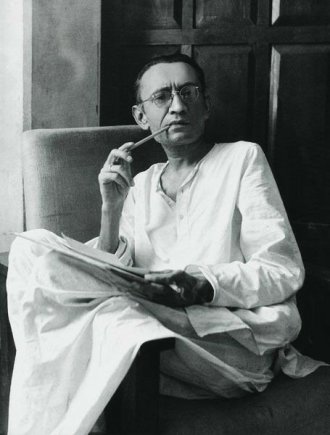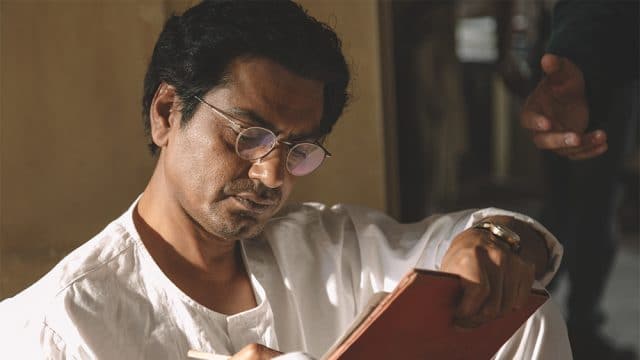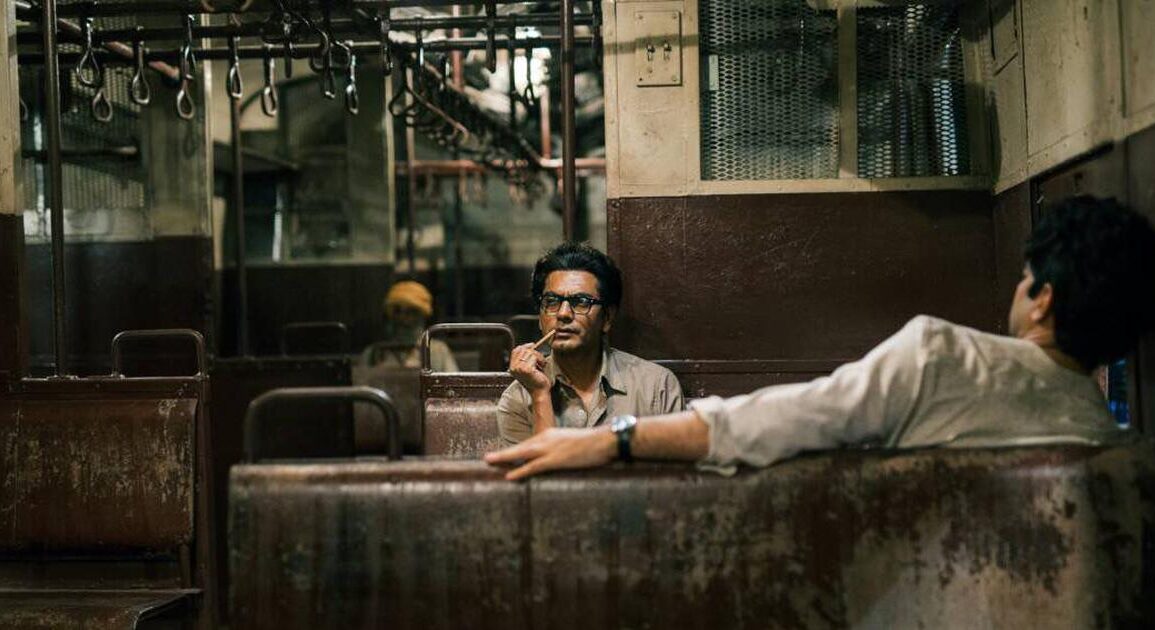Stealthily dodging all New Year Eve’s over-hyped plans, I succeeded in plonking myself all the very comfortably on my cozy bed, contently and elaborately making plans of whiling away the entire 31st night on Netflix. Now that I had all the time for contemplation over everything that would probably never trace to anything reeking of productivity in my current student life, I realized the passing year of 2018 held quite of a track record for Bollywood to keep up with itself in the coming future.
There was Andhadhun, giving us our very own femme fatale, aced impeccably by Tabu, and a convoluted plotline for an array of coming of age cliff hanging thriller films in Bollywood; we had Raazi’s Alia Bhatt all coy and timid in her tasteful Indian attire while carrying off a grim, bureaucratical espionage in her marital life alongside; we had burnt effigies, crass slogans, heated censorial debates on news pannels and the entire millenial generation unifying on social media for Padmavat hinting at a youth that would refuse to cater to archaic, ludicrous norms that decades seemed to have failed at budging down.
At the conclusive end of 2018, Bollywood again gifted us it’s denouement, a gem of a movie, that talked about an unrelenting, passively aggressive veteran figure the nation bows down to, the writer Saadat Hasan Manto.
Nawazuddin Siddique, predictably didn’t fail to impose his role with a majestic theatrical proficiency as an actor. It is through him, you trace the impulsivity of Manto running through his liquor attained nerves, stern fingers grasping on the ink draining out his much contained ideas and ways with the world.
Manto, living in a body of an artist brimming with wobbly temperaments, was confined to a metaphorical prison in an era of trying times, political unrest, religious turmoils, Western supremacy and receding colonization. If one thinks about it, there was a lot to inspire and stimulate artists of that period, tales to be told, anecdotes to be shared, imageries to be seen, shrieks to be heard, crimson stains to be whiffed, heaving lifeless bodies to be touched.
Manto was no exception.
His writings were impassioned, sensitive and soul stirring. Regardless of that, he was still tried multiple times for obscene content. You could just feel the agitation he might have felt when his works, or more so his prowess as a writer went all the way unnoticed in his lifetime.
There was this scene in a courtroom where Manto was refuted by asking him as to why his tendencies to pen down was impartially towards the sexually rousing and erotically stimulating, when there were martyrs left anonymous of their sacrifices. He being the stringent artist of a temperant you can’t just toss off, was unstirred. He extended the cliche of the quote, ‘To each his own’.
Manto, initially filled with optimism pre-partition, dichotomizes into being cynical about the nation and it’s prudence.
Religious preference, or rather ease takes over him to switch lands and leave Bombay. Having left his nestled breed of similar unconventional writers, he throws himself into an odd land where art is bugged down by traditionalist judicial authority. It leaves him angry, dejected and unacknowledged. Those who were once enamoured with his brilliancy seemed to be dismayed with the contrived atmosphere. His drinking disposition added up to his cognitive dissonance and he was often left alone in contemplation dealing with his professional conflicts and his family’s sorry state of affairs.
Rasika Duggal easily switched from being a doting, supporting wife of a young, giddy writer to an unsettling mother distraught over heaping financial worries, injected with strong filial affections. Layered with unflinching facial aggression, passive corrections of society and expressive outbursts of an artists find a committed portrayal through this film by Nandita Das. It single handedly mirrored an entire league of artists that are subjected to unreasonable regressive regimes, that are bent down to cut off on it’s contextual value and sentiments, what makes us shift in our places is the fact that Manto lived in an epoch of some 6 decades ago but still lives on representing our current generation as well. So the question is where do we stand even after Independence?
Layered with unflinching facial aggression, passive corrections of society and expressive outbursts of an artists find a committed portrayal through this film by Nandita Das. It single handedly mirrored an entire league of artists that are subjected to unreasonable regressive regimes, that are bent down to cut off on it’s contextual value and sentiments, what makes us shift in our places is the fact that Manto lived in an epoch of some 6 decades ago but still lives on representing our current generation as well. So the question is where do we stand even after Independence?

